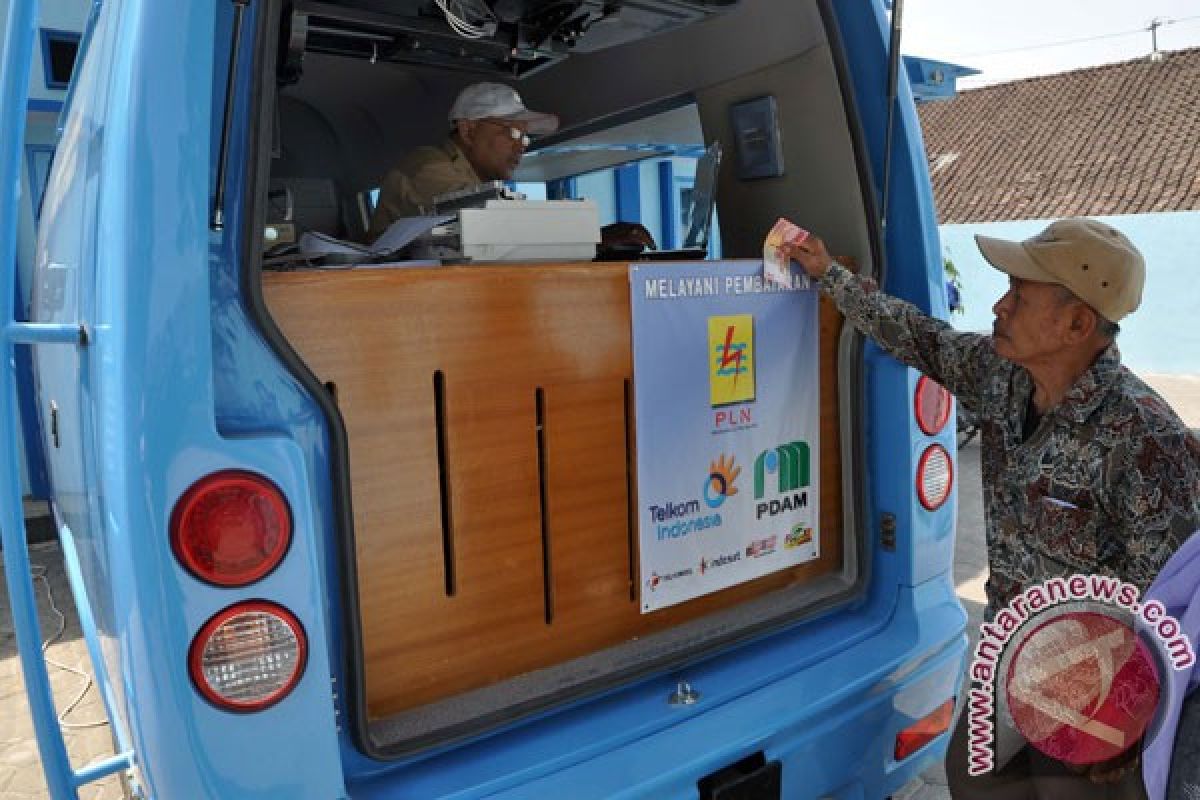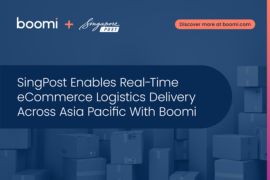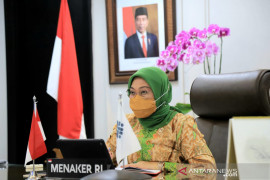The policies should not be too strict but be dynamic and adaptive in order to offer space for innovation and legal certainty."Jakarta (ANTARA News) - The internet has triggered the Fourth Industrial Revolution, marked by the development of digital economy globally, among others.
Digital economy functions primarily by means of digital technology, especially internet-based electronic transactions.
Digital economy permeates all aspects of society, including the way people interact, the economic landscape, the skills required to secure a good job, and also political decision-making.
Globally, digital economy contributes 22 percent to the economy, while digital technology applications are set to contribute US$2 trillion to the global gross domestic product by 2020.
In Southeast Asia, the value of online trade is estimated to reach $88 billion during the period between 2015 and 2025 for various apparel, electronic, household, and food products.
With the world`s fourth-largest population and a large number of internet users, Indonesia has the potential to become the biggest digital economy in Southeast Asia, both in terms of the manufacturing and retail industries.
This aspect was highlighted by Google and Temasek, foreign investors in Indonesia, through a study on digital economy in the Association of Southeast Asian Nations, according to an article by the Indonesian Investment Coordinating Board (BKPM).
Based on the study, Indonesia has witnessed a 19 percent annual increase in the number of internet users, with this figure possibly reaching 215 million before 2020.
Apart from a high growth in the number of internet users, Indonesia has also experienced a significant growth in the online market or e-commerce. Currently, the percentage of e-commerce transactions in Indonesia is high, reaching about 36 percent and is estimated to reach $81 billion before 2025.
Moreover, the BKPM had recorded foreign investment worth $4.8 billion in the digital economy last year. The realization, however, may take place over several years, BPKM Head Thomas Lembong stated as reported by kontan.co.id and The Jakarta Post.
The Indonesian government has planned to formulate a policy to encourage innovations in digital economy and provide opportunities for e-commerce players to grow their businesses.
"The policies should not be too strict but be dynamic and adaptive in order to offer space for innovation and legal certainty," Coordinating Minister for Economic Affairs Darmin Nasution stated recently.
He added that policies or regulations need to be developed with a principle approach rather than a standard approach, which potentially has become rapidly obsolete along with digital developments.
"Nowadays, this is not the standard that we want to set, as it will quickly become obsolete and tends to change easily. We want to implement principle policies to create a level playing field, which require similarities between online and offline businesses to balance the competition," Nasution explained.
The government is also making preparations to produce qualified human resources to develop the digital economy.
Foreign instructors are still needed following the rapidly expanding digital economy in Indonesia, Minister Nasution stated.
"Here, we are talking about the need for talent in the field of e-commerce, instructors for vocational education, as well as nursing workers whose numbers are still not sufficient," he pointed out.
Other steps to support the preparation of human resources, especially in the areas of e-commerce and financial technology, are the provision of incentives to the Indonesian diaspora abroad and the development of vocational education.
Meanwhile, Communication and Informatics Minister Rudiantara promoted Indonesia's digital strategy, while participating in the World Economic Forum (WEF) in Davos, Switzerland, on January 23--26, 2018.
With regard to the digital economy, Indonesia has outlined priority policies, such as the e-Commerce Map publishing. The government has also been working on several initiatives, such as the 1000 Digital Startup Movement, Eight Million Micro, Small, Medium Enterprises Go Online, and One Million Fishermen and Farmers Go Online, which are expected to be realized by 2020.
At the WEF on Jan 23, delegates from countries in the Association of Southeast Asian Nations (ASEAN) had launched the "Digital ASEAN" initiative aimed at developing the digital economy by adopting a regional approach to build integration in the ASEAN digital region and to establish the Board of Governors to help the ASEAN march into the digital economy.
Minister Rudiantara along with three other ASEAN ministers of digital economy from Vietnam, Thailand, and Singapore were part of the Advisory Board of Digital ASEAN.
At the WEF meeting, Rudiantara was also invited by the forum to become a member of the Stewardship Board for the "System Initiative on Shaping the Future of Digital Economy and Society" Sessions.
"This meeting offers the right momentum for Indonesia to socialize and promote Indonesia`s national digital strategy to create a sustainable digital priority in future through a collaborative approach," Rudiantara emphasized.
(T.F001/INE/KR-BSR)
Reporter: Fardah Assegaf
Editor: Priyambodo RH
Copyright © ANTARA 2018





